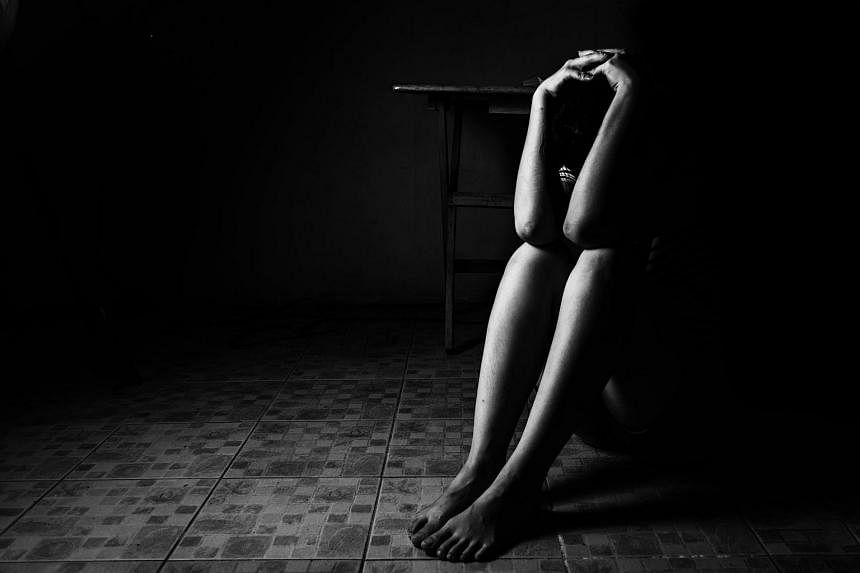"It was terrifying and surreal to be talking to someone... listening to them pleading for help, and being able to do nothing but reassure them that help was on the way - and then to hear screams, shots and the silence of a dead line."
The man who recounted those extraordinary moments was Mr Romeo Dallaire, a lieutenant-general in the Canadian army and the commander of the United Nations Assistance Mission for Rwanda in 1994. In April of that year, the Hutus embarked on a genocidal massacre of the minority Tutsi. Mr Dallaire and his force of about 500 men became hapless witnesses of the bloodbath that left about a million people dead. Hutus set upon their Tutsi neighbours with household tools and homemade weapons - machetes and hoes, hammers and clubs. In his memoir, Mr Dallaire wrote of seeing bodies piled onto trucks and "blood, dark, half-coagulated, oozed like thick paint from the back of them". He recalled a rat that had grown so big and fat on the flesh of the dead that his men thought it was a terrier.
Already a subscriber? Log in
Read the full story and more at $9.90/month
Get exclusive reports and insights with more than 500 subscriber-only articles every month
ST One Digital
$9.90/month
No contract
ST app access on 1 mobile device
Unlock these benefits
All subscriber-only content on ST app and straitstimes.com
Easy access any time via ST app on 1 mobile device
E-paper with 2-week archive so you won't miss out on content that matters to you


